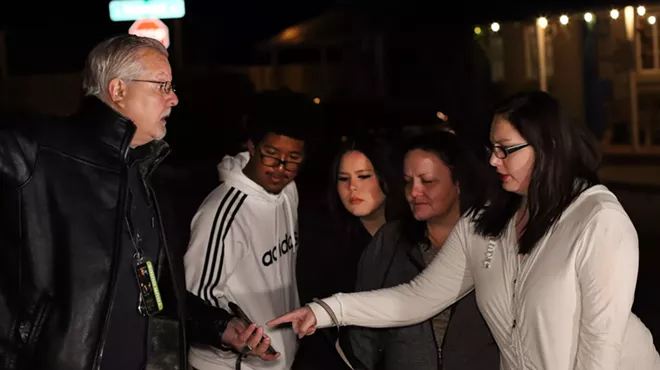Thursday, February 13, 2014
Word Odyssey: Hey Baby, Be My Valentine and I’ll Give You Some “Romance”!

- Image courtesy of Shutterstock
In honor of Valentine’s Day, today I’m going to feed your inner nerd with romance, by which I mean a love affair.
Now, you might suppose that there was no need for me to say what I meant by romance, because the word is so well known. But if you think about it, romance has several different meanings. In fact, in many dictionaries romance as a love affair isn’t even the first meaning that they mention. That honor usually belongs to the literary genre that caught fire in Medieval Europe, with fanciful stories of heroic deeds. In English, the most familiar Romance literature centered on King Arthur and the Knights of the Round Table, seeking ideal purity and questing for the Holy Grail.
But why did this literary genre come to be called romantic? After all, the word romantic comes from the Roman Empire, whose history is not all that pure and idealistic; in fact, it’s fairly sordid from the beginning. Rome itself comes from Romulus, who with his brother Remus were left as infants by their uncle to die, but were saved when a she-wolf suckled them. Romulus and Remus later decided to found a new city, with Romulus picking one hill and Remus another. They quarreled, Remus was killed, and Romulus went on to found Rome, eventually kidnapping Sabine women in order to help populate the city. There’s not a lot of romantic idealism in that story.
So why then were Medieval heroic tales called romantic? That’s because instead of being written in the native tongue, they were written in French, Spanish, Italian—the Romance languages that evolved from Roman Latin. For example, the French, who evolved culturally as Germanic Franks, could write in the Frankish tongue, but it became fashionable to write the heroic literary genre in the local Latin dialect, and for that reason was called “romantic.” This Romance literature eventually ran its course and died out around 1600, when it became fodder for writers such as Miguel de Cervantes, whose inept knight Don Quixote became a lampoon of the notion of heroic chivalry.
But I digress—in fact, I’ve digressed so much that I haven’t really explained the origins of romance in the sense of love affair. Ah, but this digression has all been necessary background, because when Romance literature later was revived, one of its central themes was courtly love. Indeed, to court a woman, then as now, is to woo her with gallant chivalry. Thus, in this later Romantic genre, instead of gallantry towards worldly ideals, chivalry became gallantry in pursuit of pure love. This genre originated with the French, then spread to other Romance cultures.
Before coming back to romance in the sense of love affair, I need to digress one more time to pick up one more thread. This is Romanticism, the movement in arts and literature that began towards the end of the 18th century as a reaction against the cool rationalism of the Enlightenment, instead emphasizing the beauty of emotion and intuition. Goethe and other Germans led this Romanticist movement, followed in England by Wordsworth, Blake, Shelley, Byron and others.
So the modern concept of romance in the sense of love affair weaves together the threads of the earlier romantic movements. In a love affair, emotion and intuition triumph over rationalism. A romance also evokes love as an ideal. In this a romance differs from simple lust or a necessary partnership. The romantic emotions are more complex; love is sought for itself, with a pure heart.
A crucial aspect of this modern meaning of romance is that it is modern. It took a thousand years for it to evolve. That’s not to say that romance never happened in times long past, but big words embody big concepts, and these evolve. So if on this Valentine’s day, you have romance, don’t take it for granted when those romantic emotions grip you, toss you around and leave you gasping for air.…
Que vous trouviez l’amour romantique!
Tags: word odyssey , word origins , word history , britt hanson , Etymology









